Canada - Collision Course – tracking and de-orbiting space debris (W7714-196962/002/A)
For more information and to make a bid you will need to go to the third party website.
Details
Provided by
- Opportunity closing date
- 22 August 2019
- Opportunity publication date
- 13 July 2019
- Value of contract
- to be confirmed
- Your guide to exporting
Description
This Challenge notice is issued under the Innovation for Defence Excellence and Security (IDEaS) Program Call for Proposals (CFP) Call 003 (W7714-196962).
Please refer to the main solicitation documents which contain the process for submitting a proposal.
UPDATES
We have made changes and improvements since Calls 001 and 002, so please read all documents prior to submission.
HOW TO APPLY
Step 1: Read the Challenge notice in its entirety.
Step 2: Read the Call for Proposals (CFP) and any associated attachments.
Step 3: Download and complete Attachment 1 – Electronic Proposal Submission Form, found below.
Step 4: Follow the submission instructions listed in Part 2 – Bidder Instructions of the CFP. Please allow sufficient time to register and submit the completed form before the Challenge closing date.
MAXIMUM FUNDING AND PERFORMANCE PERIOD
Multiple contracts could result from this Challenge.
The individual maximum contract funding available under Competitive Projects - Component 1a is up to $200,000 CAD (excluding applicable taxes) for a maximum performance period of up to 6 months.
This disclosure is made in good faith and does not commit Canada to contract for the total approximate funding.
CHALLENGE DETAILS
Challenge Title
Collision Course – tracking and de-orbiting space debris
Challenge Statement
The Department of National Defence and the Canadian Armed Forces (DND/CAF) are looking for viable and cost-effective solutions for tracking and de-orbiting space debris in order to reduce the collision threat for orbiting space systems.
Background and Context
While “space debris” technically includes asteroids, comets and meteoroids, this challenge refers specifically to orbit debris, space junk, space waste, space trash, space litter or space garbage, as well as fragments from their disintegration and collisions. Space surveillance networks regularly track about 22,300 debris objects in earth orbits, totaling more than 8,400 tonnes, which includes 1,950 operational satellites. As of January 2019, the total number of debris objects that are estimated by statistical models to be in earth orbits are 34,000 (greater than 10 cm); 900,000 objects (1 cm to 10 cm); and 128 million objects (1 mm to 1 cm) 1 .
When in Earth orbits, space debris pose a risk of collision with space vehicles, humans, and even with other debris. The hazards posed by debris collisions include erosion to hulls, solar panels and optics; fragmentation leading to rapid increases in the total population of space debris; total loss of a vehicle and/or an asset; and major injury and/or loss of human life. Space debris will grow as the number of human-made objects in Earth orbits increase over time.
There are no operational debris removal capabilities in use, globally, and existing prototypes lack important capabilities and have proven ineffective. For instance, there is a need to capture and deorbit multiple pieces of debris per clean-up effort or the capability becomes extremely expensive; as well, capabilities are needed to track and capture space debris smaller than 10cm or larger than the capturing vehicle (e.g., rocket bodies).
Desired Outcomes
The DND/CAF is looking for innovative space debris solutions for one or more of the following:
Reliable and robust solutions for tracking space debris below the 10cm diameter size;
Concepts, designs or prototypes for deorbiting multiple pieces of debris of any size.
Supplementary Information
Canada adheres to several global treaties on the safe, secure and sustainable use of space and as well as voluntary global norms for responsible behavior by space-faring countries 2 . Measures must not be injurious to national security, to the defense of Canada, to the safety of the Canadian Armed Forces or to Canada’s conduct of international relations. Innovation funding will not be granted for any options that are inconsistent with Canada’s international obligations.
Different orbital regimes (Low Earth Orbit, Medium Earth Orbit, Geosynchronous Orbit, and Highly Elliptical Orbits) are expected to influence the way in which debris is tracked and removed (deorbited), and the length of time to execute the removal task. Innovators are asked to account for their assumptions with respect to the orbital regime within their funding proposals.
1 “Space Debris by the Numbers,” Space Debris , European Space Agency, January 2019, https://www.esa.int/Our_Activities/Operations/Space_Safety_Security/Space_Debris/Space_debris_by_the_numbers .
2 The most important global treaties to ensure the safe, sustainable use of outer space include:
Treaty on Principles Governing the Activities of States in the Exploration and Use of Outer Space, including the Moon and Other Celestial Bodies: http://www.unoosa.org/oosa/en/ourwork/spacelaw/treaties/introouterspacetreaty.html ;
Agreement on the Rescue of Astronauts, the Return of Astronauts and the Return of Objects Launched into Outer Space: http://www.unoosa.org/oosa/en/ourwork/spacelaw/treaties/introrescueagreement.html ;
Convention on International Liability for Damage Caused by Space Objects: http://www.unoosa.org/oosa/en/ourwork/spacelaw/treaties/introliability-convention.html ; and
Convention on Registration of Objects Launched into Outer Space: http://www.unoosa.org/oosa/en/ourwork/spacelaw/treaties/introregistration-convention.html .
ENQUIRIES
All Challenge-related enquiries must be submitted in writing to:
TPSGC.PAIDEES-APIDEAS.PWGSC@tpsgc-pwgsc.gc.ca
Enquiries must be submitted no later than 10 calendar days before the Challenge notice closing date. Enquiries received after that time may not be answered.
For more information about the IDEaS program, Bidders can visit the IDEaS website .
- Opportunity closing date
- 22 August 2019
- Value of contract
- to be confirmed
About the buyer
- Address
- Public Works and Government Services Canada Canada
The deadline to apply for this opportunity has passed.
Visit the
opportunities page
to find another.
